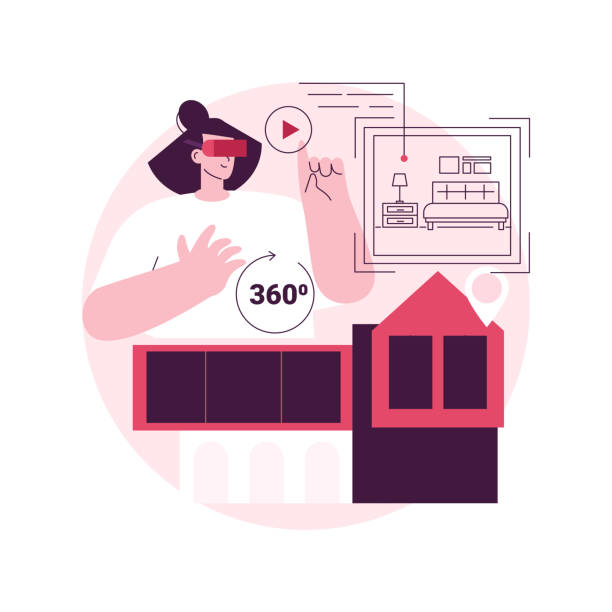In the rapidly evolving financial landscape, cryptocurrencies are carving out their niche in diverse sectors. One of the most intriguing developments is their potential influence on traditional real estate transactions, particularly in the realm of mortgages and down payments. This blog explores how cryptocurrencies are reshaping the mortgage industry, offering new opportunities and presenting unique challenges.
Cryptocurrencies: A Brief Overview
1. What Are Cryptocurrencies?
Cryptocurrencies are digital or virtual currencies that use cryptography for security and operate independently of a central authority. Bitcoin, Ethereum, and various altcoins have gained prominence as investment assets and alternative payment methods. Their decentralized nature and potential for high returns have made them attractive to a growing number of investors and everyday users alike.
2. The Rise of Crypto in Real Estate
The real estate sector has seen an increasing number of transactions involving cryptocurrencies. As more people accumulate substantial crypto wealth, they are exploring ways to leverage these assets for significant purchases, including homes. This trend is driving changes in how mortgage down payments and loans are approached.
Cryptocurrencies and Down Payments
1. Using Crypto as Down Payment
Traditionally, mortgage down payments are made using fiat currency, but the increasing acceptance of cryptocurrencies has led some buyers to use their digital assets for this purpose. Real estate transactions involving crypto can be particularly appealing in high-value markets where buyers wish to utilize their crypto holdings rather than liquidate them for fiat currency.
2. Challenges in Converting Crypto
While using cryptocurrencies for down payments is becoming more feasible, it comes with challenges. The primary hurdle is converting crypto to fiat. This process can be complex, involving exchange fees and potential tax implications. Additionally, fluctuations in cryptocurrency values can impact the amount of fiat needed, posing risks for both buyers and sellers.
3. Regulatory and Compliance Issues
The regulatory environment for cryptocurrencies is still evolving, and this affects their use in real estate transactions. Lenders and real estate agents must navigate legal requirements and anti-money laundering (AML) regulations when dealing with crypto. Ensuring compliance with these regulations is crucial to avoid legal complications and ensure a smooth transaction.
Cryptocurrencies and Mortgage Loans
1. Lenders’ Attitudes Toward Crypto Assets
Lenders are increasingly open to the idea of cryptocurrency assets being considered for mortgage applications. However, the acceptance varies widely among institutions. Some lenders are exploring ways to incorporate crypto into their loan offerings, while others remain cautious due to the volatility and regulatory uncertainties surrounding digital currencies.
2. Evaluating Crypto Assets for Loans
When assessing mortgage applications that involve cryptocurrencies, lenders face unique challenges. They must determine the stability and liquidity of the crypto assets presented. This involves evaluating the market value of the digital currency, understanding its volatility, and ensuring it can be readily converted into fiat if necessary.
3. Impact on Loan Terms and Approval
The involvement of cryptocurrencies in mortgage applications can influence loan terms and approval processes. Lenders may offer different terms based on the perceived risk and volatility of the crypto assets. Additionally, the integration of crypto could lead to more personalized loan products tailored to the needs of tech-savvy buyers.
Future Trends and Considerations
1. Increasing Adoption
As cryptocurrencies continue to gain mainstream acceptance, their role in real estate transactions is expected to grow. More real estate platforms and lenders may adopt crypto-friendly policies, leading to more streamlined processes for using digital currencies in mortgage down payments and loans.
2. Technological Innovations
Advancements in blockchain technology could simplify the use of cryptocurrencies in real estate transactions. Smart contracts and decentralized finance (DeFi) solutions may provide new ways to manage down payments and loan agreements, making transactions more secure and efficient.
3. Regulatory Developments
Ongoing regulatory developments will play a crucial role in shaping the future of cryptocurrency in real estate. As governments and financial institutions establish clearer guidelines, the integration of crypto into mortgage financing will likely become more standardized, reducing risks and increasing opportunities for buyers and lenders alike.
Conclusion
The impact of cryptocurrencies on mortgage down payments and loans is a reflection of broader financial trends that are reshaping traditional sectors. While there are challenges associated with using digital currencies for real estate transactions, the potential benefits and growing acceptance suggest a promising future. As the regulatory environment stabilizes and technological innovations advance, cryptocurrencies may become an integral part of the mortgage landscape, offering new avenues for buyers and lenders to explore. Embracing this shift requires careful consideration and adaptation, but it also opens up exciting possibilities for the future of real estate financing.

